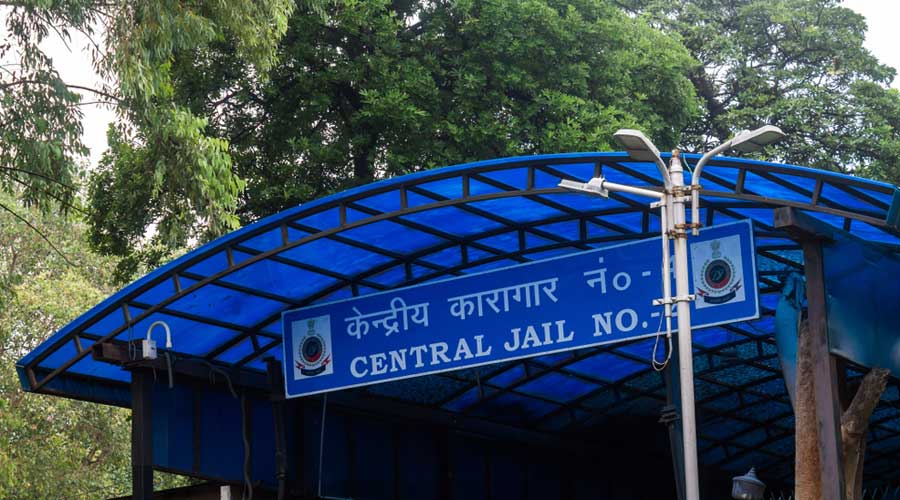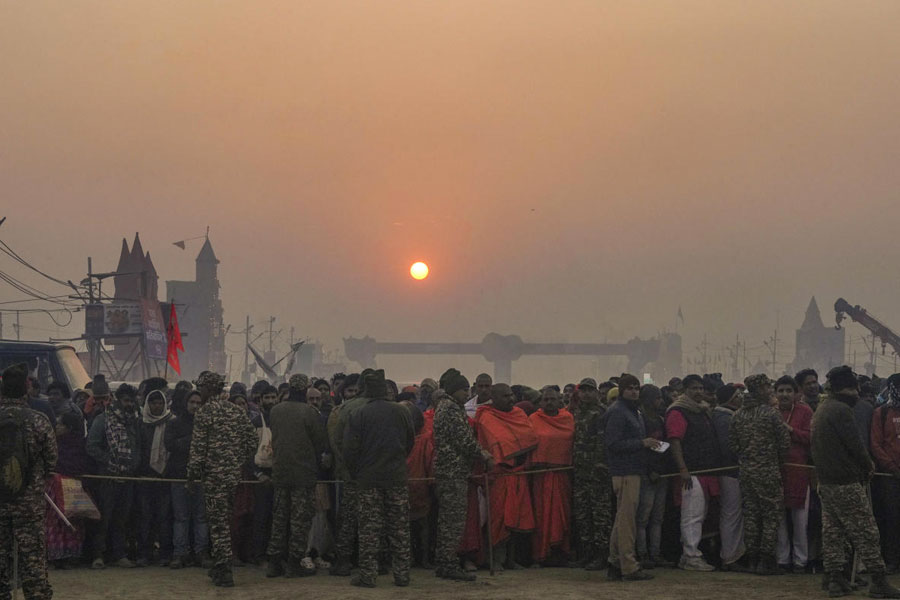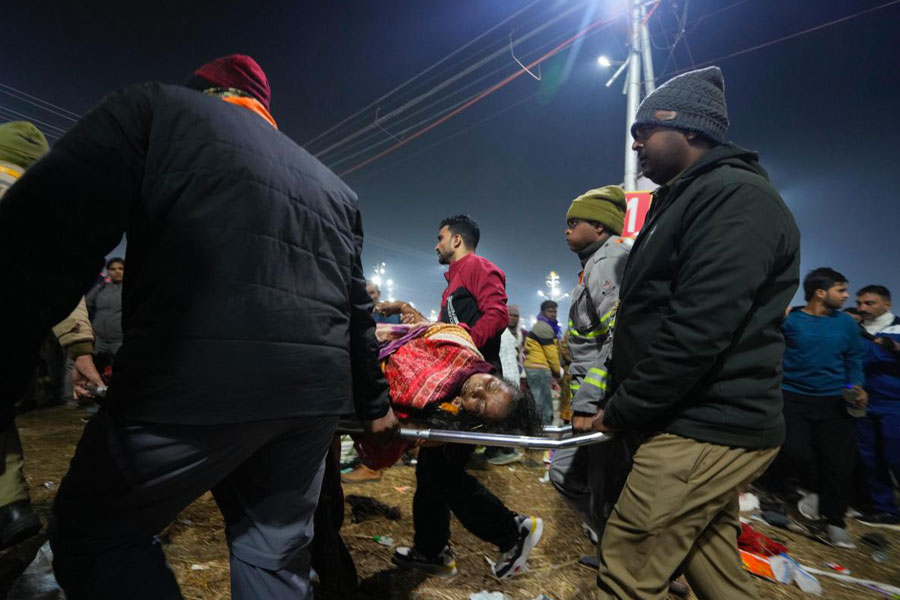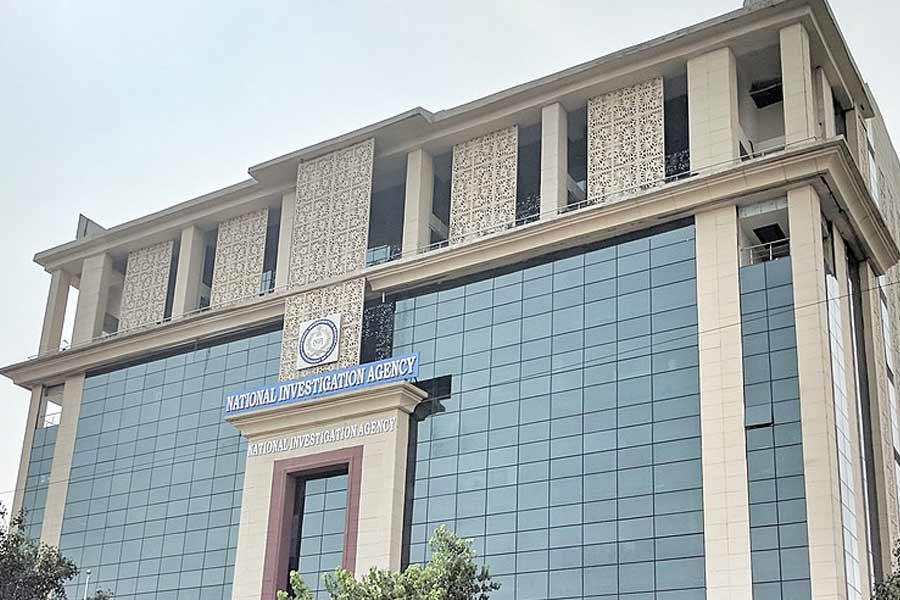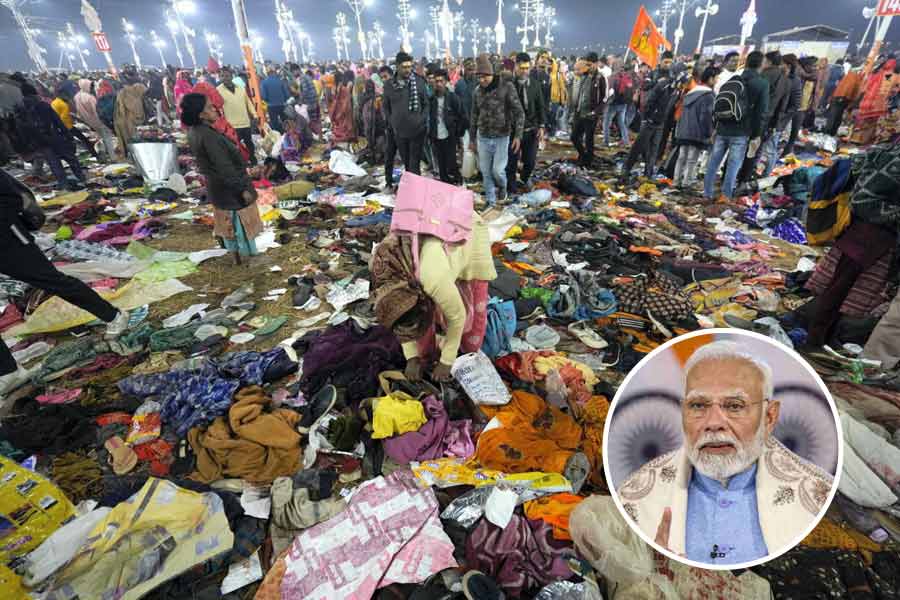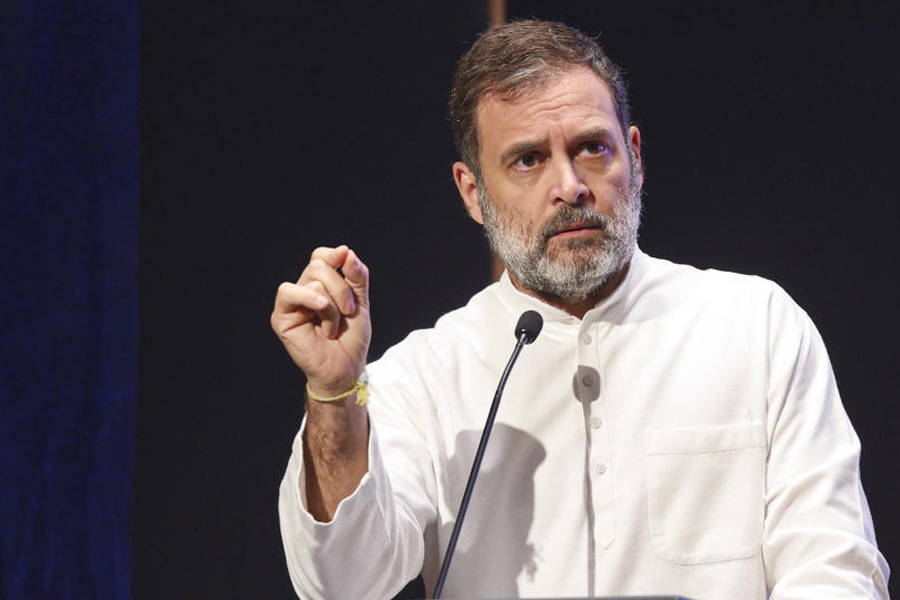The Commonwealth Human Rights Initiative, an NGO, on Monday sought an independent inquiry into the circumstances that led to the death of a Ugandan woman in Tihar jail.
Jesca Sarah Kafeeco, 43, died at a Delhi hospital where she was admitted on July 25 for a surgery on her right hand for injuries suffered during a scuffle after a protest by foreign prisoners on June 16 demanding release on interim bail amid the Covid-19 pandemic.
“Jail authorities have reportedly cited the ‘use of minimum force’ as the cause of her injuries, and that itself warrants an enquiry by the National Human Rights Commission,” the CHRI said in a statement. “There are a range of vulnerabilities that foreign national prisoners face in India and these have intensified after the pandemic.”
“Blanket denial of bail and parole for foreign nationals, curbs on communication with family and lawyers, suspension of regular hearings in courts, delayed consular access, suspension of international flights”, are among factors heightening the stress, said Madhurima Dhanuka, CHRI’s programme head, prison reforms.
The CHRI said the committee should have taken cognisance of the situation and faulted it for not passing any directions for ascertaining the special needs of foreign prisoners. A similar representation by male foreign prisoners in Tihar was also rejected last month, the statement said.
While many national and international bodies have called for the release of prisoners during the pandemic, “focussed attention must be provided to each foreign national prisoner, through remote access to consular representatives, who must ascertain that they are in good health, and are being provided appropriate facilities in prison”, said Sanjoy Hazarika, international director, CHRI.
The CHRI also called upon the National Legal Services Authority, mandated to provide free legal services to all persons in custody, to conduct specialised campaigns across the prisons in the country to ascertain the rights of foreign nationals. It also stressed the need for the new expert committee set up by the NHRC to document the specific impact of Covid-19 on foreign nationals, and recommend appropriate steps to state governments and the Centre. It urged the Supreme Court to frame guidelines for their release to address certain procedural inadequacies in grant of bail/parole to foreigners.
Dhanuka stressed that the CHRI has received several requests for assistance — via its urgent action desk — over the past few months: on release of foreigners, legal representation, communication with families and ascertaining provisions of basic amenities in detention centres. These warrants affirmative action by appropriate authorities. The inquiries highlight the growing impact of Covid-19 on foreign prisoners, she said.
According to the Prison Statistics India, 2018, there are 5,168 foreign national prisoners in India, of which 15.2 per cent are women. Their vulnerabilities have been detailed in the CHRI’s “Strangers to Justice: A report on foreigners in Indian prisons”, the statement said.

